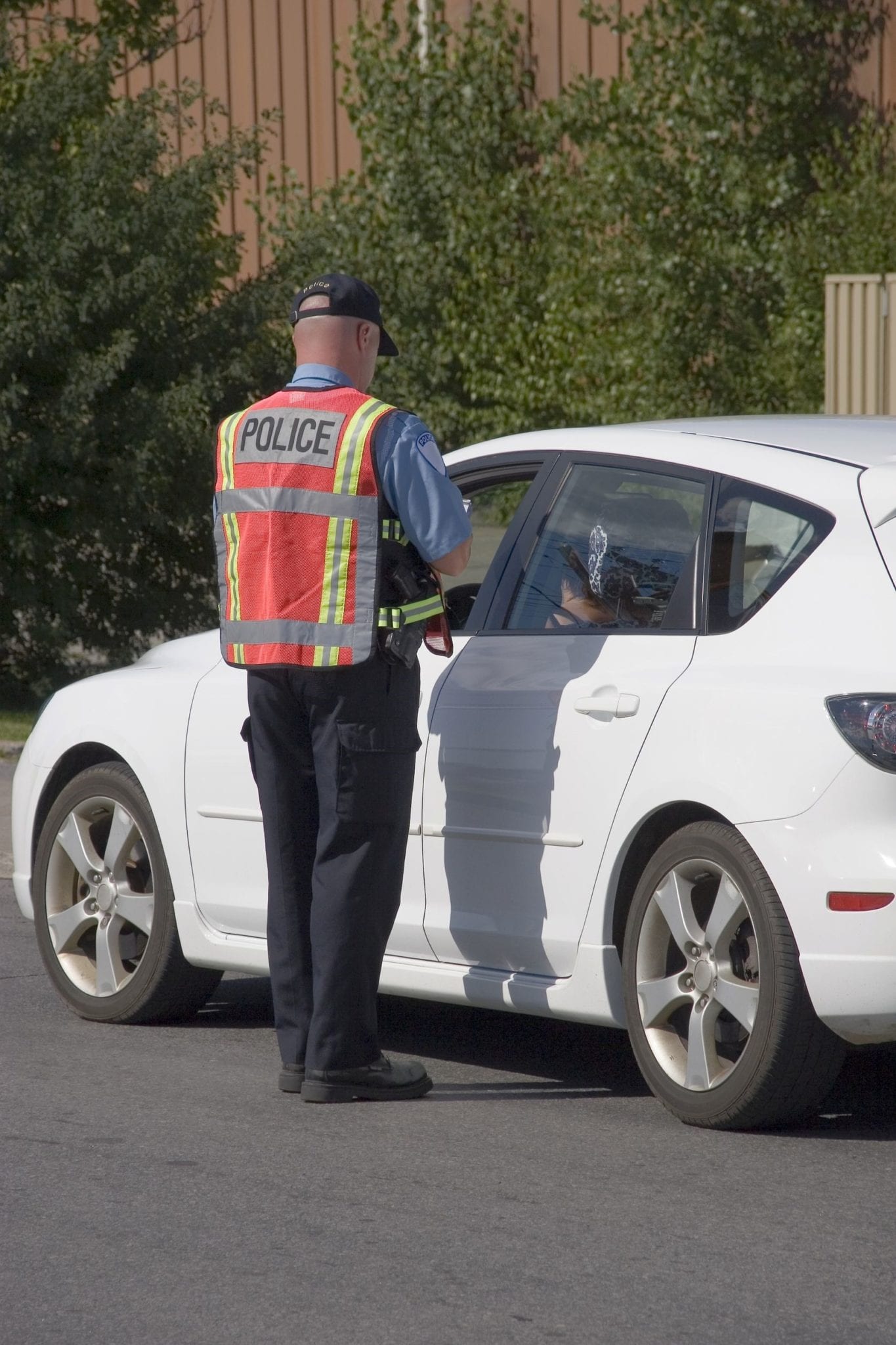Losing your driving privileges can have a huge impact on your lifestyle, complicating everything from work commutes to grocery store trips.
In North Carolina, the Division of Motor Vehicles (DMV) has the final say on whether or not you should be allowed to drive. The DMV can revoke your license for a variety of reasons, such as:
DWI. If you are charged with a DWI in North Carolina, the DMV may suspend your license for one year after your first offense. The length of suspension only increases for subsequent offenses – you may lose your license for four years after your second DWI, and for life after your third.
Refusal to submit to a blood alcohol test. North Carolina enforces an “implied consent” law, meaning that if you are lawfully arrested by a police officer who has reasonable suspicion that you have been driving while drunk, you must submit to a blood alcohol test. If you refuse, the DMV may revoke your license for one year.
Speeding. Your license could be suspended for 30 days if you were found speeding at least 15 mph over the limit of 55 mph, and up to one year if you were doing so while attempting to avoid arrest. Similarly, if you were found to be both speeding and driving recklessly, you could lose your license for 60 days.
Driver’s license points. Every time you commit moving violations and other traffic infractions, you accumulate points against your license. After accumulating 12 or more points within three years, your license may be suspended for 60 days after your first suspension, six months after your second suspension, and one year for any subsequent suspensions.
Death by vehicle. If you unintentionally cause the death of another because you were driving while intoxicated or committed a traffic violation, you could be charged with death by vehicle. The DMV may revoke your license for one year if you were driving recklessly or disobeying traffic laws, and permanently if you were driving under the influence.
The Penalties for Driving While License Revoked
Whatever the reason behind your license suspension, you are typically not allowed to get behind the wheel for the duration of your suspension period. In certain circumstances, you may be able to qualify to for a restricted use driver’s license, which allows you to drive for special purposes during specific time periods—such as to court-ordered alcohol treatment or to and from work.
When your license has been suspended, it’s best to follow the terms of suspension as closely as possible. Having your driving privileges suspended can be tough, but the penalties for driving with a revoked license can be even harder.
In North Carolina, Driving While License Revoked (DWLR) is a class 1 misdemeanor. If you are found driving while your license privileges have been revoked, you may face an additional year of suspension tacked on to your original suspension period. For a second DWLR, you may face an additional two years of suspension, and for a third, you may lose your license permanently.
If your license has been suspended in North Carolina, you should consult with a skilled DWLR attorney, who may be able to help you end or reduce the period of your suspension, or help you apply for a restricted use license. And if you have already been charged with a DWLR, your traffic violations attorney can represent you in court and work to keep you from being penalized with additional suspension time.
About the Author
Attorney Mike Schlosser represents victims of personal injury, those charged with a crime, as well as those facing traffic charges. A former Guilford County, North Carolina District Attorney, Schlosser has been in private practice at the Law Firm of Schlosser & Pritchett since 1983 and has been a member of the North Carolina State Bar since 1973.









